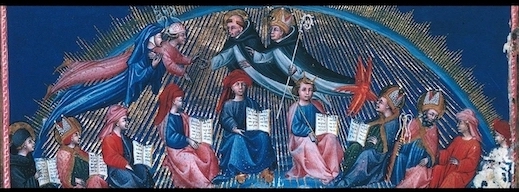Definição teológica e canônica positiva da palavra “leigo”
Palavras-chave:
leigo, Lumen Gentium, definição totalmente positiva, lay person, totally positive definitionResumo
O Concílio Vaticano II, rompendo com a visão estamental do povo de Deus, que definia “leigo” como o fiel não ordenado, apresenta, na Constituição Dogmática Lumen Gentium, n. 31, à luz do protagonismo do laicato, uma definição quase cabalmente positiva da palavra “leigo”. Neste artigo, apenas juntamos gramaticalmente os termos de uma definição totalmente positiva do vocábulo “leigo”, já implícita na referida constituição dogmática. Assim, chegamos à seguinte definição: “Leigo é o membro da Igreja Católica que vive a secularidade de modo próprio e peculiar e, em virtude do Sacramento do Batismo, participa dos múnus sacerdotal, profético e régio de Jesus Cristo”.//
Breaking with the stultifying vision of the People of God, which defined the “lay person” as one not ordained, Vatican Council II presents, in the Dogmatic Constitution Lumen Gentium n. 31, an almost totally positive definition of the term “lay person” (lay man), in light of the role of the laity. In this paper, we merely put together grammatically the terms of a totally positive definition of the vocable “lay person”, which is already implicit in the aforementioned Dogmatic Constitution. Thus, we arrive at the following definition: “A lay person is a member of the Catholic Church who lives secularity in his or her own particular way and, by
virtue of the sacrament of Baptism, participates in the priestly, prophetic and kingly office of Jesus Christ”.






